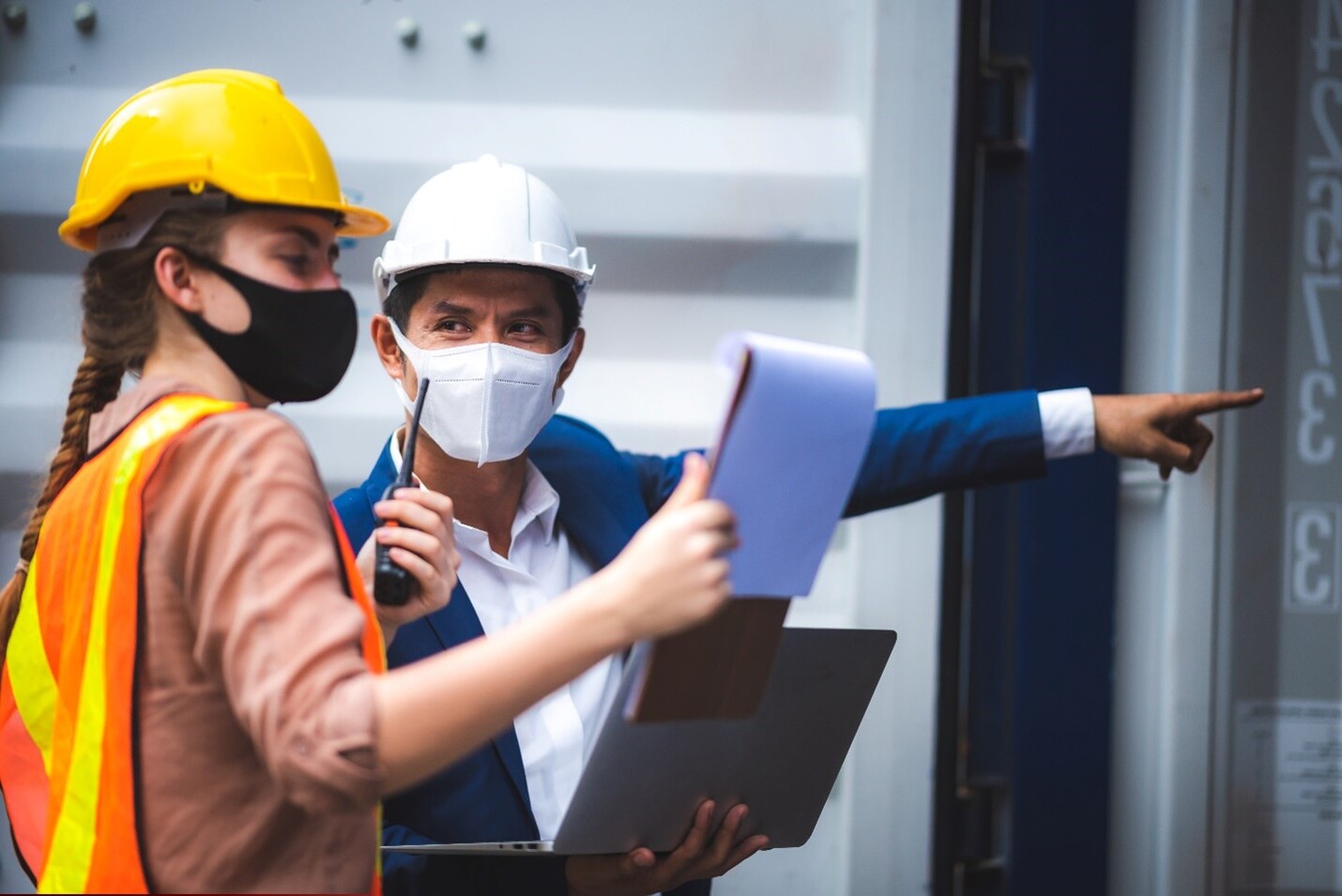
What exactly happens during an inspection? Inspections are like detective work for buildings, machines, and even food. Inspectors check if everything is safe, working right, and up to code. They look for problems that might cause accidents or health issues. Why are inspections important? They help prevent disasters, save money on repairs, and keep people safe. Who does these inspections? Trained professionals with special skills and knowledge. When do inspections happen? Regularly scheduled times or when there's a complaint or new construction. Where do inspections take place? Everywhere from homes to factories to restaurants. How do inspectors do their job? Using tools, checklists, and sometimes even drones. Inspections are crucial for safety and efficiency in our daily lives.
What Are Inspections?
Inspections are essential for ensuring safety, quality, and compliance in various fields. They involve examining, measuring, and testing to verify that everything meets the required standards. Here are some fascinating facts about inspections:
-
Inspections Date Back to Ancient Times: The concept of inspections isn't new. Ancient Egyptians inspected their pyramids to ensure they were built correctly.
-
Different Types of Inspections: There are several types, including safety, quality, and compliance inspections. Each serves a unique purpose.
-
Inspections in Construction: Construction sites undergo regular inspections to ensure buildings are safe and meet codes.
-
Food Inspections: Food safety inspections help prevent foodborne illnesses by ensuring that food is handled and prepared safely.
-
Vehicle Inspections: Regular vehicle inspections ensure that cars are safe to drive and meet environmental standards.
Why Are Inspections Important?
Inspections play a crucial role in maintaining standards and preventing accidents. They help identify potential issues before they become serious problems. Here are some reasons why inspections are vital:
-
Preventing Accidents: Regular inspections can catch potential hazards, preventing accidents and injuries.
-
Ensuring Quality: Inspections ensure that products and services meet quality standards, leading to customer satisfaction.
-
Compliance with Regulations: Inspections help businesses comply with laws and regulations, avoiding fines and legal issues.
-
Protecting Public Health: Health inspections in restaurants and food processing plants help protect public health by ensuring food safety.
-
Environmental Protection: Environmental inspections ensure that businesses comply with environmental regulations, protecting natural resources.
Who Conducts Inspections?
Various professionals conduct inspections, depending on the field. These inspectors are trained to identify issues and ensure compliance. Here are some examples:
-
Building Inspectors: They inspect construction sites and buildings to ensure they meet safety codes.
-
Health Inspectors: These professionals inspect restaurants, hospitals, and other facilities to ensure they meet health standards.
-
Vehicle Inspectors: They check cars, trucks, and other vehicles to ensure they are safe to operate.
-
Environmental Inspectors: These inspectors ensure that businesses comply with environmental laws and regulations.
-
Quality Control Inspectors: They work in manufacturing and other industries to ensure products meet quality standards.
How Are Inspections Conducted?
Inspections involve a systematic process to ensure thoroughness and accuracy. Here’s how they are typically conducted:
-
Planning: Inspectors plan their inspections, identifying what needs to be checked and what standards must be met.
-
On-Site Examination: Inspectors visit the site or facility to conduct their examination, using tools and equipment to measure and test.
-
Documentation: Inspectors document their findings, noting any issues or areas of non-compliance.
-
Reporting: A detailed report is created, outlining the findings and any necessary corrective actions.
-
Follow-Up: Inspectors may conduct follow-up inspections to ensure that any issues have been addressed.
Interesting Facts About Inspections
Inspections can be quite fascinating, with some surprising facts that you might not know. Here are a few:
-
Drone Inspections: Drones are increasingly used for inspections, especially in hard-to-reach areas like rooftops and tall structures.
-
Virtual Inspections: With advancements in technology, some inspections can now be conducted virtually, saving time and resources.
-
Historical Inspections: The Great Wall of China underwent inspections during its construction to ensure it was built to withstand invasions.
Inspections are a vital part of many industries, ensuring safety, quality, and compliance. They help prevent accidents, protect public health, and ensure that standards are met.
Final Thoughts on Inspections
Inspections play a crucial role in maintaining safety, quality, and compliance across various industries. From ensuring buildings are structurally sound to verifying that food products meet health standards, inspections help protect public welfare. Regular checks can prevent costly repairs, legal issues, and even potential disasters. They also foster trust among consumers and stakeholders, showing that businesses prioritize high standards.
Understanding the importance of inspections can help individuals and organizations stay proactive. Whether it's a home inspection before buying a property or routine checks in a manufacturing plant, these evaluations are essential. So next time you hear about an inspection, remember it's not just a formality—it's a vital process that keeps everything running smoothly and safely. Stay informed, stay compliant, and appreciate the value inspections bring to everyday life.
Was this page helpful?
Our commitment to delivering trustworthy and engaging content is at the heart of what we do. Each fact on our site is contributed by real users like you, bringing a wealth of diverse insights and information. To ensure the highest standards of accuracy and reliability, our dedicated editors meticulously review each submission. This process guarantees that the facts we share are not only fascinating but also credible. Trust in our commitment to quality and authenticity as you explore and learn with us.


